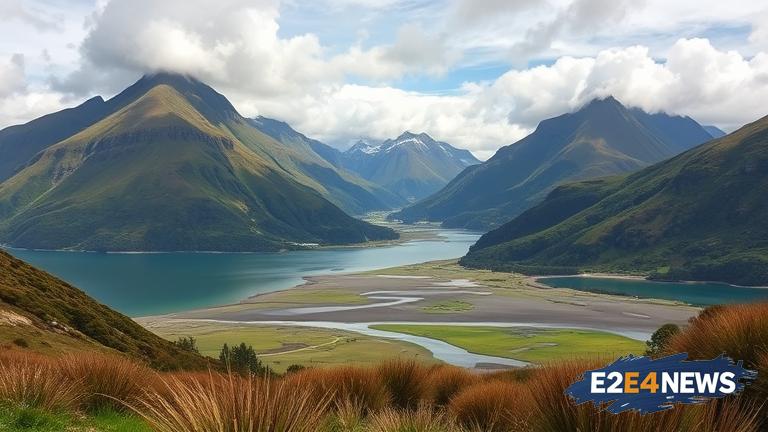The New Zealand government has recently introduced a conservation law reform that has sparked widespread concern among environmental groups, citizens, and the Federated Mountain Clubs. The proposed reform aims to overhaul the country’s conservation laws, but critics argue that it undermines democracy and the protection of the whenua. The whenua, which refers to the land and natural environment, is a vital part of New Zealand’s identity and culture. The government’s reform proposes to give more power to the Minister of Conservation, allowing them to make decisions without consulting the public or considering the environmental impact. This has raised concerns among environmental groups, who argue that it will lead to the exploitation of natural resources and the destruction of the whenua. The Federated Mountain Clubs, which represents over 20,000 outdoor enthusiasts, has spoken out against the reform, arguing that it will undermine the protection of the country’s natural heritage. The clubs argue that the reform will allow for the development of sensitive areas, such as national parks and wildlife reserves, which will have a devastating impact on the environment. The government has argued that the reform is necessary to improve the efficiency of the conservation system, but critics argue that it is a thinly veiled attempt to prioritize economic interests over environmental protection. The proposed reform has also raised concerns about the impact on indigenous communities, who have a deep connection to the whenua. The government has been accused of ignoring the concerns of Maori communities and failing to consult with them on the reform. The lack of consultation has been criticized as undemocratic and has sparked calls for greater transparency and accountability. The conservation law reform has also been criticized for its potential impact on the country’s biodiversity. New Zealand is home to a unique and diverse range of flora and fauna, and the reform has been accused of putting these species at risk. The government has argued that the reform will improve the protection of endangered species, but critics argue that it will have the opposite effect. The proposed reform has also raised concerns about the impact on the country’s climate change efforts. New Zealand has committed to reducing its carbon emissions and transitioning to a low-carbon economy, but the reform has been accused of undermining these efforts. The government has been accused of prioritizing short-term economic gains over long-term environmental protection. The conservation law reform has sparked widespread opposition, with thousands of people signing petitions and attending rallies to protest the proposed changes. The opposition has come from a wide range of groups, including environmental organizations, community groups, and indigenous communities. The government has been accused of ignoring the concerns of the public and pushing through the reform without proper consultation. The proposed reform has also raised concerns about the impact on the country’s tourism industry, which is heavily reliant on the natural environment. The government has argued that the reform will improve the tourism industry, but critics argue that it will have the opposite effect. The conservation law reform is a highly contentious issue, with many arguing that it will have far-reaching and devastating consequences for the environment and democracy. The government has been accused of prioritizing economic interests over environmental protection and ignoring the concerns of the public. The proposed reform has sparked widespread opposition and has raised concerns about the impact on the country’s natural heritage, indigenous communities, and climate change efforts.
